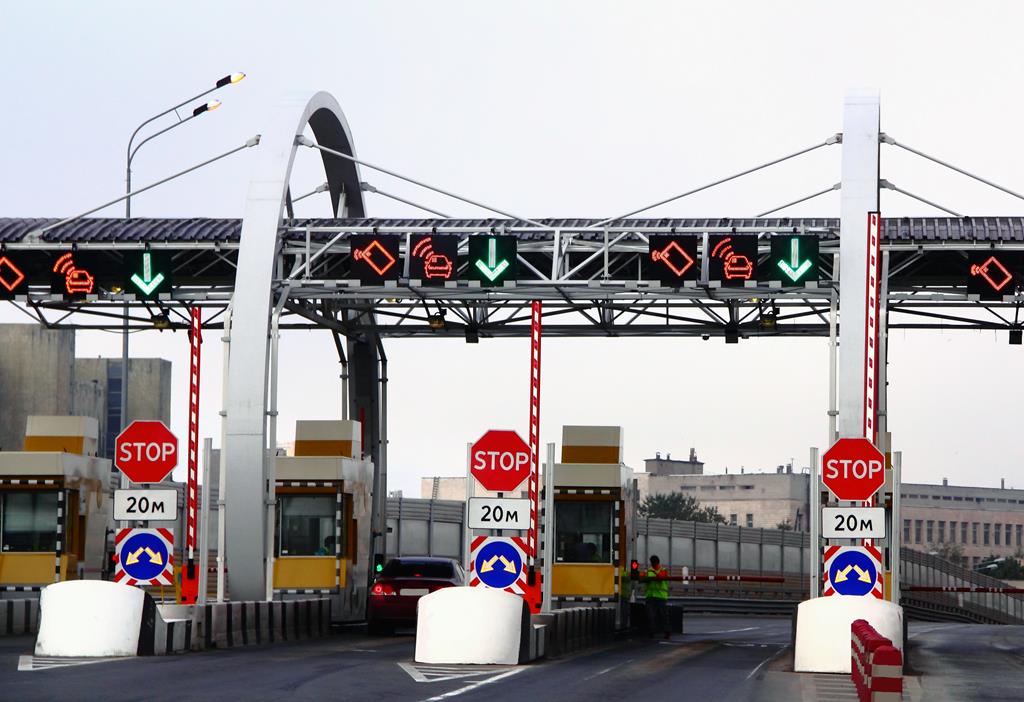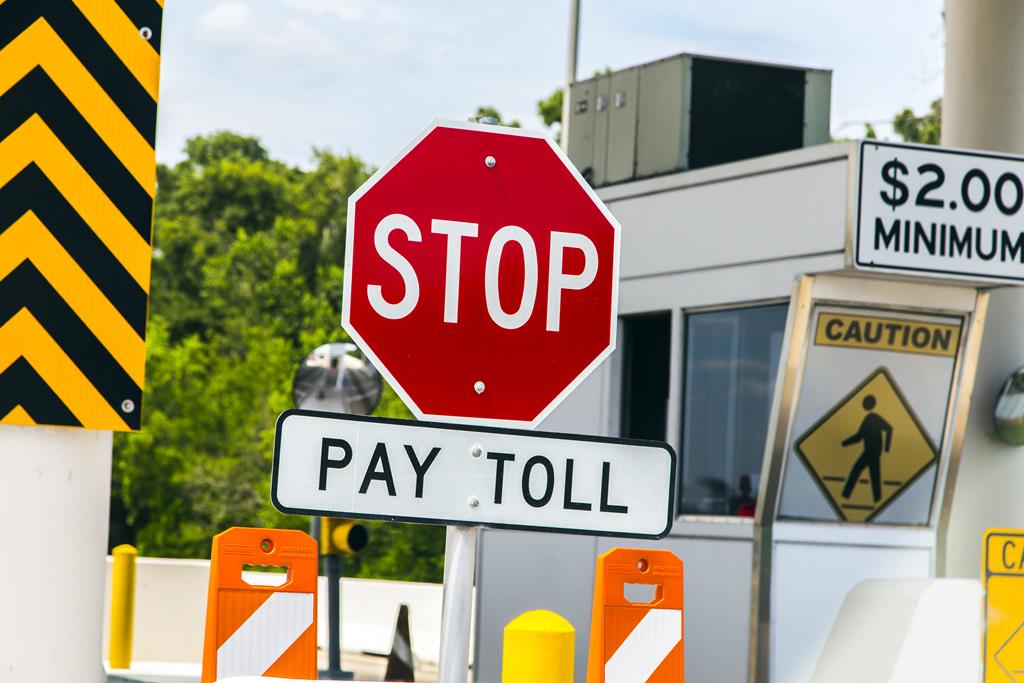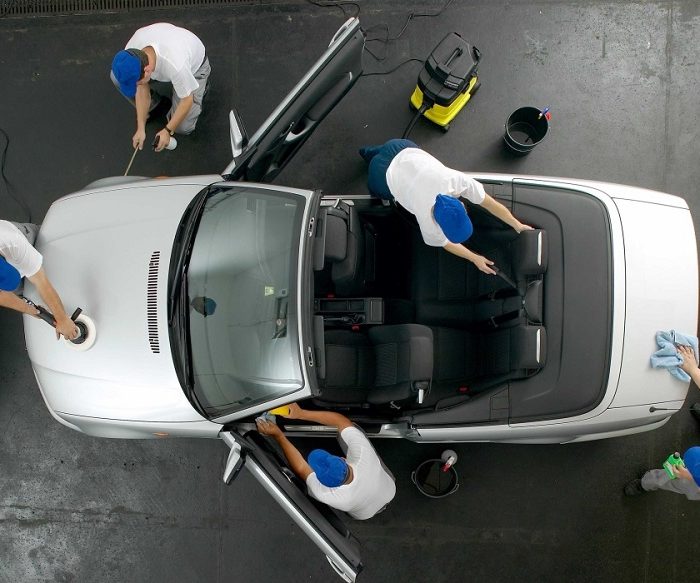Transportation taxes around the world vary dramatically, from eco-friendly incentives to complex quota systems. Understanding these tax structures can help you make informed decisions when purchasing or operating vehicles in different countries. Let’s explore how various nations approach vehicle taxation and what it means for consumers.
How Transportation Taxes Work: The Global Framework
The general principle of levying vehicle taxes worldwide is to encourage consumers to purchase eco-friendly and fuel-efficient cars. Most countries now structure their tax systems to reward lower emissions and punish heavy polluters. The less fuel your car consumes and the fewer emissions it produces, the lower its tax burden.
Transportation taxes are implemented through various mechanisms across different countries:
- VAT/Sales Tax Integration: Some countries include transportation taxes in their Value Added Tax system
- Registration-Based Taxes: One-time fees paid during vehicle registration, often calculated based on engine size, emissions, or vehicle value
- Annual Road Taxes: Recurring yearly payments for road use and maintenance
- Fuel-Based Taxation: Taxes embedded in gasoline and diesel prices
Fuel-Based Transportation Taxes: The American Model
The United States employs a fuel-based taxation system where transport taxes are included in gasoline and diesel costs. Payments flow to federal and municipal budgets from each gallon purchased. The average “fuel tax” rate in the US, including federal and local fees, is approximately 45 cents per gallon as of 2025.
Key features of the US system include:
- Electric Vehicle Exemption: American owners of electric vehicles currently pay no fuel taxes
- Proportional Payment: Tax burden directly correlates with vehicle usage
- Administrative Simplicity: No separate paperwork or tax filings required
Advantages of this fuel-based approach include complete elimination of bureaucracy, time savings on tax filing, and inherent fairness since payment is proportional to road usage intensity. The main disadvantage is the direct impact on fuel prices for consumers.
European Transportation Tax Systems
Spain: Family-Friendly Policies
Spain incorporates transportation taxes into VAT and registration payments, plus annual road tax obligations. The country offers several preferential tax programs:
- Large Family Discount: 50% reduction for families with multiple children
- Professional Exemptions: Full tax exemptions for taxi drivers
- Disability Benefits: Complete tax relief for persons with disabilities
France: Emission-Based Taxation
France structures its vehicle taxes based on exhaust emission levels and engine power. The most polluting vehicles—including off-road SUVs and supercars—face the highest tax rates. Since 2006, the French government has implemented comprehensive measures encouraging citizens to purchase environmentally friendly vehicles.
Denmark: Complex Registration Tax System
Denmark operates one of the world’s highest vehicle taxation systems. Vehicle registration tax in Denmark can reach up to 150% of a car’s value, calculated in three progressive brackets. The current structure for 2024-2025 includes:
- Standard VAT: 25% on all vehicle purchases
- Registration Tax Brackets:
- First bracket (up to DKK 65,000): 25% tax rate
- Second bracket (DKK 65,000-202,200): 85% tax rate
- Third bracket (above DKK 202,200): 150% tax rate
- CO2 Emission Surcharges: Additional fees ranging from DKK 280 to DKK 1,064 per gram of CO2 emissions for 2025
Electric vehicles benefit from significant reductions, paying only 40% of calculated registration tax through 2025, with gradual increases planned through 2035.
Other European Examples
Transportation tax rates vary significantly across Europe:
- Belgium: 20% vehicle VAT rate
- United Kingdom: 15% vehicle VAT rate
- Germany: Single transport tax combining engine volume and CO2 emissions (introduced 2009)
Asian Transportation Tax Systems
China: Supporting Small and Eco-Friendly Vehicles
The Chinese government actively supports buyers of small, fuel-efficient cars through reduced purchase taxes and interest-free loans. The system includes extensive media promotion of eco-friendly vehicles. Tax examples include:
- Small Engine Vehicles: Cars with 1-liter displacement or less are taxed at approximately 300 yuan ($45) annually in Beijing
- Maximum Annual Rate: Even the highest rate remains modest at 480 yuan (approximately $70)
- Regional Variations: Beijing traditionally has higher fees than other Chinese cities
Japan: Comprehensive Multi-Tier System
Japan requires proof of parking space availability (approximately $1,000 for parking rights) before allowing vehicle purchases. The country operates a three-tier transportation tax system:
- Purchase Tax: Approximately 5% of vehicle cost
- Registration Tax: Based on vehicle mass and engine volume
- Annual Road Tax: $50-500 depending on vehicle specifications
Singapore: The World’s Most Restrictive Vehicle Ownership System
Singapore operates the world’s most complex and expensive vehicle ownership system, designed to control traffic congestion on the island nation’s limited road network.
Certificate of Entitlement (COE) System
Established in May 1990, Singapore’s Certificate of Entitlement system caps annual vehicle growth at 3%. Starting January 1, 2025, new registrations of diesel and diesel-natural gas cars (including imported used cars) will no longer be permitted.
The COE acquisition process includes:
- Application Process: Apply for certificate in appropriate vehicle category (small, medium, or luxury)
- Monthly Lottery: Held from 1st to 7th of each month
- Bidding System: Submit bids online or through agents, pay via ATM
- Payment Structure: 50% of bid transferred to lottery organizers
- Registration Deadline: 6 months for non-transferable vehicles, 3 months for transferable ones
The COE grants vehicle ownership for 10 years, after which owners must choose between vehicle disposal, export, or COE renewal for 5-10 additional years.
Singapore’s Complete Vehicle Cost Structure
Total vehicle costs in Singapore include multiple components:
- Certificate of Entitlement (COE): Variable based on monthly bidding
- Vehicle Purchase Price: Base manufacturer cost
- Registration Fees: $1,000 for private cars, $5,000 for company vehicles
- Additional Registration Fee: 140% of market value
- Customs Duty: 31% of vehicle value
- GST: 9% Goods and Services Tax (increased from 8% in 2024)
Singapore Vehicle Price Examples
Current vehicle prices in Singapore (including all taxes and fees):
- Audi A4 1.8: $182,000
- BMW 328: $238,000
- Mercedes E200: $201,902
- Volvo 940 Turbo Estate 2.0: $160,753
Electronic Road Pricing (ERP)
Singapore’s Electronic Road Pricing system combats traffic congestion during peak hours. The system features variable pricing on select roads, with increased fees during rush hours (typically 8:30-9:00 AM) in central city areas.
Other Notable International Systems
Australia: Luxury Vehicle Taxes
Australia implements a tiered taxation system:
- Standard Rate: 10% of vehicle cost for cars, 5% for trucks
- Luxury Vehicle Tax: Additional 33% tax on vehicles costing more than $57,000
Israel: Insurance-Based System
Israel operates without traditional transport taxes but requires:
- Purchase VAT: 117% of vehicle value
- Mandatory Insurance: Comprehensive and additional vehicle insurance requirements
Ukraine: Veteran Preferences
Ukraine provides transportation tax privileges for specific groups including Chernobyl disaster victims, war veterans, and essential workers.

Practical Solutions for High-Tax Countries
For countries with extreme vehicle taxation like Singapore, practical alternatives include:
- Public Transportation: Utilize comprehensive bus and rail networks
- Company Vehicles: Request employer-provided transportation
- Car Sharing Services: Access vehicles when needed without ownership costs
- Strategic Timing: For Singapore, consider 10-year COE certificates when purchasing older vehicles
Important Considerations for International Drivers
When purchasing or registering vehicles internationally, remember these key points:
- Research Local Requirements: Tax structures vary dramatically between countries
- Consider Environmental Impact: Most modern systems reward low-emission vehicles
- Factor Total Costs: Include registration, annual taxes, and insurance in budget planning
- International Driving License: Obtain proper documentation to facilitate vehicle registration and avoid questions about driving permits

Future Trends in Transportation Taxation
Global transportation tax systems continue evolving toward environmental sustainability. Many countries, including Denmark, are planning to phase out internal combustion engine vehicles by 2030-2035, with corresponding tax structure adjustments to support electric vehicle adoption.
Most Singaporean drivers prefer disposing of 10-year-old vehicles rather than renewing COE certificates for another decade, typically exporting older vehicles abroad for spare parts or continued use in other markets.
Understanding international transportation tax systems helps you make informed decisions about vehicle ownership abroad. Whether you’re relocating for work or considering vehicle purchases in different countries, researching local tax implications can save significant money and avoid unexpected costs. Don’t forget to apply for an international driving license—it will streamline vehicle registration processes and eliminate questions about your national driving permit validity.

Published May 26, 2017 • 8m to read





